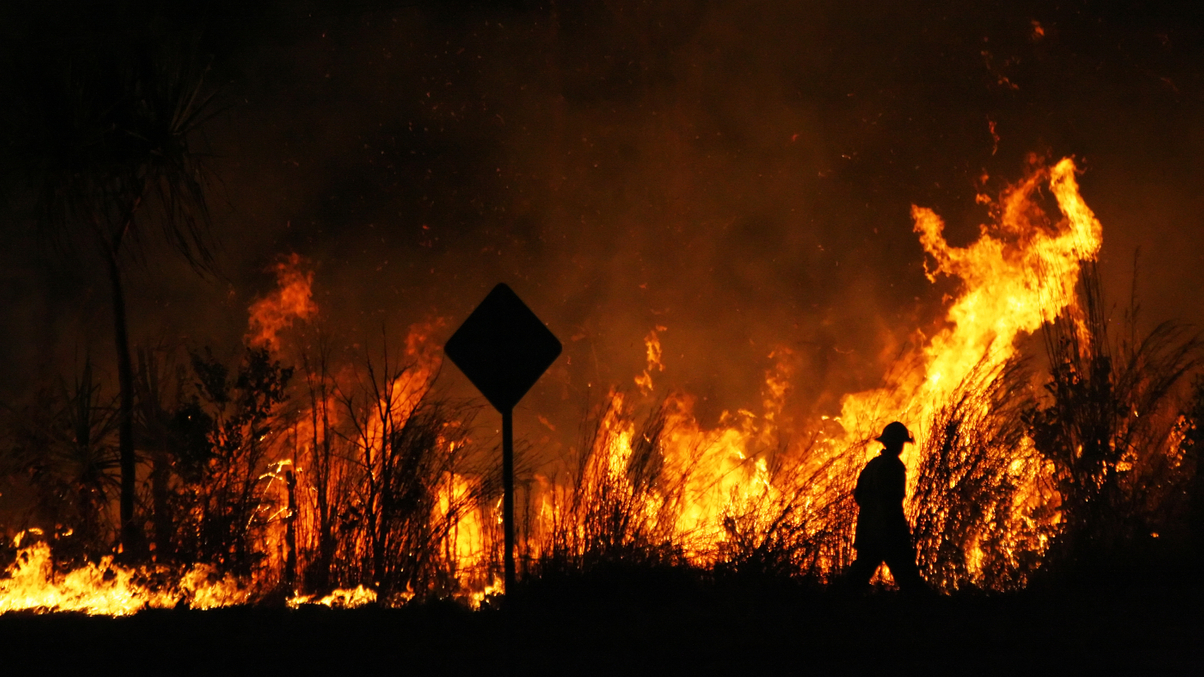Australian asset owners under pressure on climate crisis
Although asset owners are looking more closely at climate impacts on their portfolios, the bushfire crisis is bringing much greater urgency to the issue.

As Australia continues to suffer from the massive bushfire disaster, the country’s largest investors are facing increasing pressure challenge to tackle climate issues in their portfolios.
Sign in to read on!
Registered users get 2 free articles in 30 days.
Subscribers have full unlimited access to AsianInvestor
Not signed up? New users get 2 free articles per month, plus a 7-day unlimited free trial.
¬ Haymarket Media Limited. All rights reserved.


